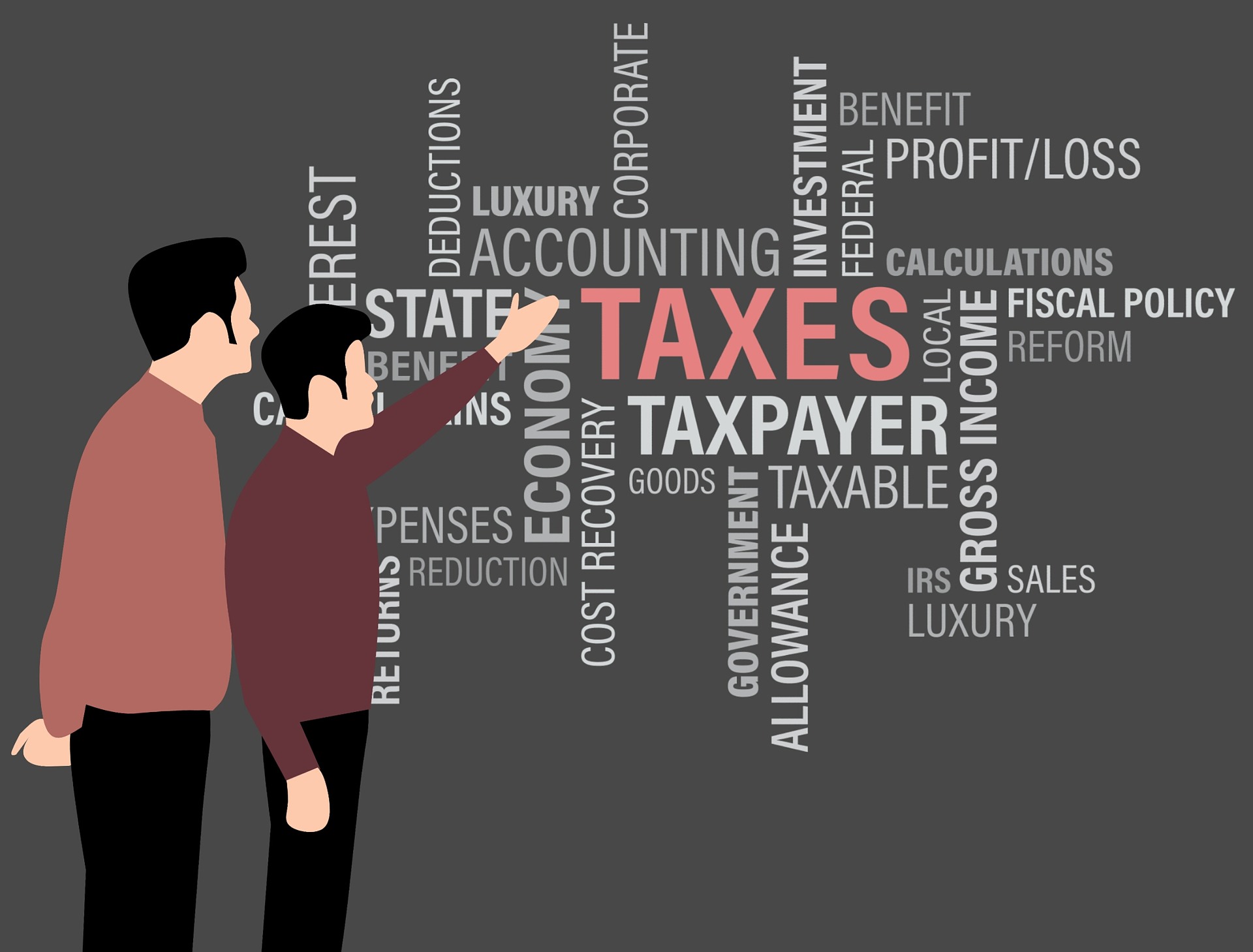Recently announced proposed tax changes would see sweeping changes to the arenas of income sprinkling, holding passive income inside of a corporation and converting private corporation income into capital gains. This has small business owners worried. If the original intent of these initiatives, which was, in part, to inspire Canadians to start businesses and become employers, is taken away, it will have a negative effect on the economy.
Let’s take a closer look at the issue.
Proposed Income Sprinkling, and Other Changes
The Government of Canada’s Tax Planning Using Private Corporations’ document summarizes that over the last decade, the number of private corporations has increased. Existing tax deductions for corporations show “that a significant share of taxable income has shifted from the personal to the corporate tax base.”
In other words, the Canadian Government isn’t getting a much taxes as before thanks to the growth of private corporations.
So what is their solution?
The document notes that:
- Income sprinkling, is also known as income splitting. It allows a person in a high personal income tax bracket to have the money taxed at a lower rate. This is achieved by giving some of it to a family member as a dividend or capital gain. The proposal seeks to redefine how much money will be “sprinkled,” and to whom it will be “sprinkled” to.
- Passive income held in a private corporation is financially advantageous to the corporation owners. It is not as advantageous to other investors. This is because corporate income tax rates are lower than personal rates. The proposal seeks to modify this system to diminish any “unfair advantage,” while preserving growth objectives of the lower taxes on active corporate business income.
- When a corporation’s income is converted into corporate gains, the corporation can take advantage of a lower tax rate. The proposal seeks to prevent the surplus of private corporation income from being converted for the purpose of a tax advantage.
Mixed Reactions
Needless to say, the business community is very unhappy with the proposed changes. One prominent accountant in Calgary called it the “most significant changes to tax law in 50 years.” Others feel that there are no good reasons for these changes at this time, as the nation seeks to diversify its reliance on the energy sector by innovating in different industries.
Assuming proposed changes are realized, how much will the Government stand to gain? Economist Michael Wolfson estimates a $250 million tax advantage to the Government with just income sprinkling alone being prevented.
Have a small business in Quebec? Contact AF Accounting today. We are happy to help you understand the issues at hand. We will help you work through what the changes could mean for your business and your family.











